Description
Region: Kiambu County about 54km North West Nairobi
Altitude: 1300
Varietal: SL34 & SL28
Processing: Washed
In the cup: Full body, floral, berries, green apple, dark cocoa & plum with a citrus acidity.
The factory is located in Kiambu County in the former central province. It’s situated about 54km North West Nairobi. It’s among one of the factories in the giant Komothai FCS. The Factory was established in 1968 under the giant Komothai FCS and is owned by small scale farmers. The soil is composed of fertile red volcanic sediment with some patches of loam and black cotton. Coffee cultivation is the only cash crop in apart from subsistence and dairy farming and has therefore improved the livelihoods of the local people.
About Kenya
Kenya is a powerhouse coffee Origin. Traditional production practices and attention to detail at the best mills and Estates favour quality unparalleled in other coffee origins and the flavour profiles coming from the best lots can be sublime.
Kenya also has one of the most transparent and rigid buying systems in the world at the Nairobi auctions. There are a number of very well organised, established estates surrounding Nairobi – however the majority of supply comes from farmers organised into cooperative structures as the average farmer will typically have land of between 0.5 and 3 acres. By law in Kenya a farmer with under 5 acres must be organised into a cooperative.
Typically a Coop society may service a number of washing stations – each servicing there surrounding small holder farmers to bring coffees to market. It is illegal to sell cherry to a middle man, so to finance, educate, and provide inputs and support to farmers, there are a group of ‘market agents’ who act as representatives to the farmer throughout the chain. These Market agents act as the dry mill partners, and will take their cooperative partner’s coffee through the auction system. Market agents cannot own coffee – they instead charge their partner’s fees for the service of milling, and a small percentage of auction prices once the coffee is sold. These agents are a very important step in connecting the farmer to the market – as it is their samples that are passed on to all exporters bidding at auction – and they along with farmer will set the reserve price at auction and will then negotiate with the end buyer if this reserve is not met.
There are around 15 truly active exporters in Kenya – however there are over 60 registered at auction. Each exporter will cup over 600 lots from the 10 active market agents before each week’s auction. Due to the traceability enforced by law of where each small lot comes from – exporters with experience know which Market agent, representing which society or mill, will produce certain qualities.
Exporters then go to the Nairobi auctions on a Tuesday, after extensive cupping and select the lots they want to bid on, and compete with the other exporters to select the lots they want for their markets.
(information courtesy of MTC Group)
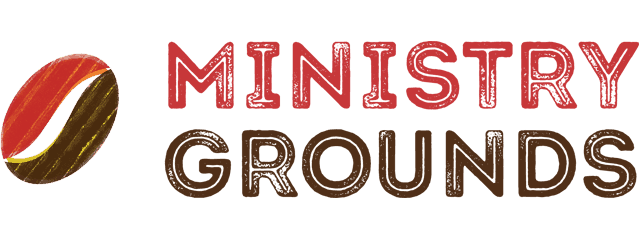
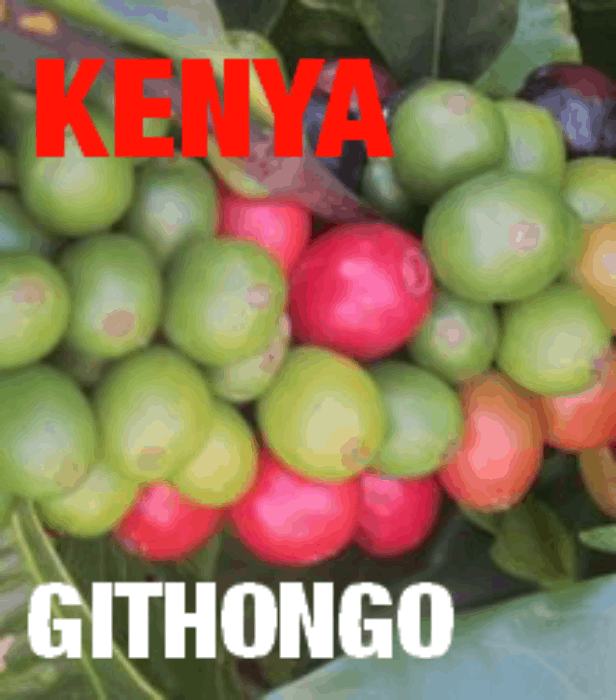
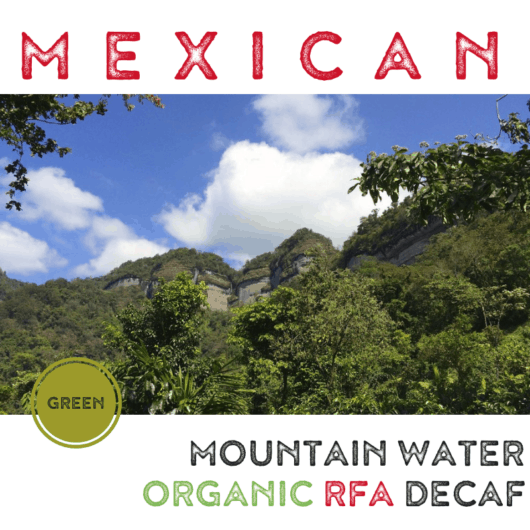
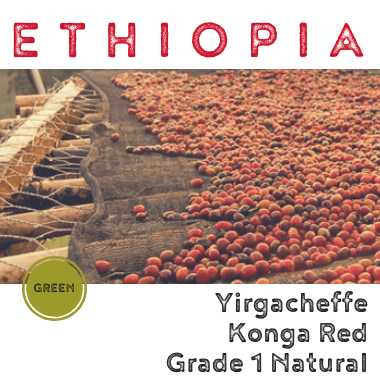
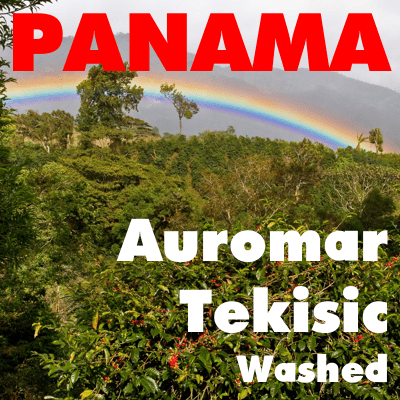
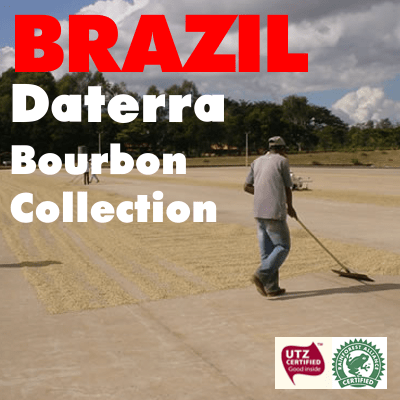
Reviews
There are no reviews yet.